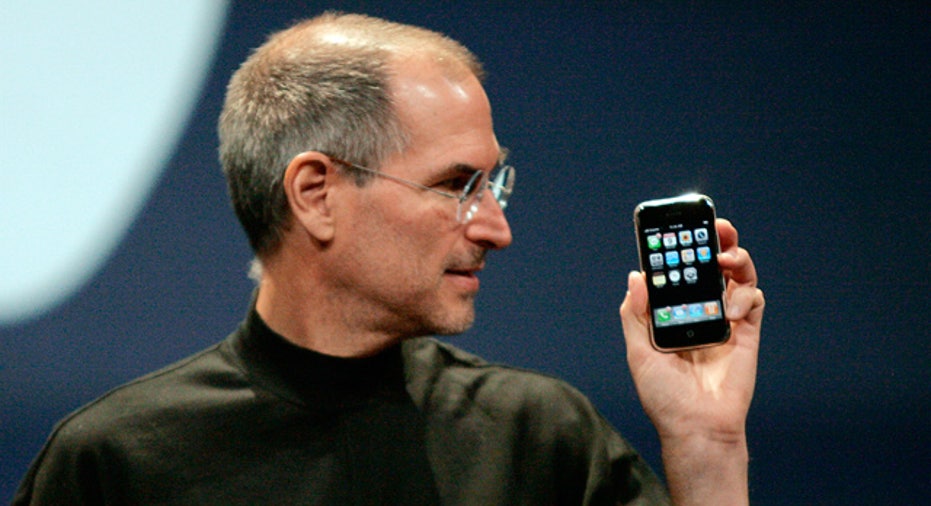Why CEO Looks Matter

Businesses looking for a new CEO better get a good look at each candidate before hiring one, new research shows.
Following up on their past studies that found that men with wider faces are more aggressive, less trustworthy and more prone to engaging in deception, researchers at the University of California, Riverside and the London Business School have found that individuals behave more selfishly when interacting with wide-faced men and this selfish behavior elicits selfish behavior in others.
Elaine Wong, one of the study's co-authors, said the past and current studies show the importance of appearance when selecting a CEO, especially as CEOs increasingly become the face of organizations.
"We don't expect organizations to select their CEO based on the shape of their face, but first impressions do matter," said Wong, an assistant professor of management at UC Riverside.
In the current research, "Self-Fulfilling Prophecies as a Link between Men's Facial Width-to-Height Ratio and Behavior," the authors conducted four separate studies. In the first study, the researchers established a relationship between facial width-to-height ratio and general self-interest, demonstrating that men with higher width-to-height ratio behaved more selfishly when dividing resources between themselves and a partner.
In two subsequent studies, the researchers examined the same decisions from the partner's point of view and showed that partners change their own behavior based on a target's width-to-height ratio. In the final study, they showed that the partner's behavior, based on the target’s width-to-height ratio, leads the target to act in ways consistent with the partner's expectations.
Researchers said this shows a link between men's width-to-height ratio and behavior, which otherwise may be attributed to biological factors, but is also a function of social responses to men's facial structure.
"This clearly shows that this behavior is also socially driven, not just biologically driven," said Michael Haselhuhn, the study's lead author and an assistant professor of management at UC Riverside.
The research builds on previous papers by Haselhuhn and Wong. In a 2012 paper, "Bad to the bone: Facial structure predicts unethical behaviour," they found men with wider faces are more likely to lie and cheat. Wong said the past research, plus the new study, shows the significance of the underlying mechanism of power.
"People need to think more carefully about how they use power and how they can use it in helpful ways," she said.
The current study was recently published in the journal PLOS ONE.
Originally published on BusinessNewsDaily.



















